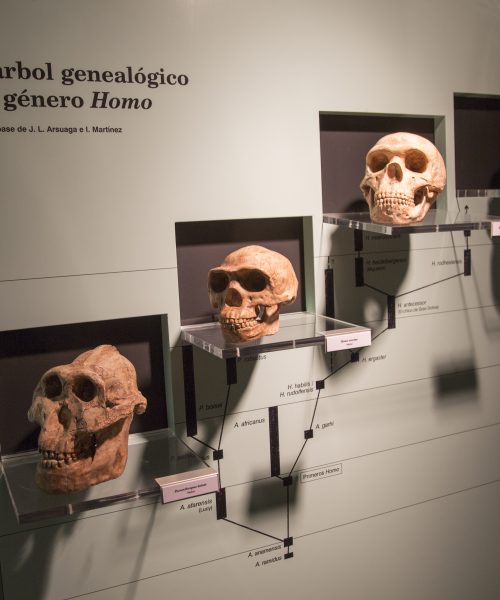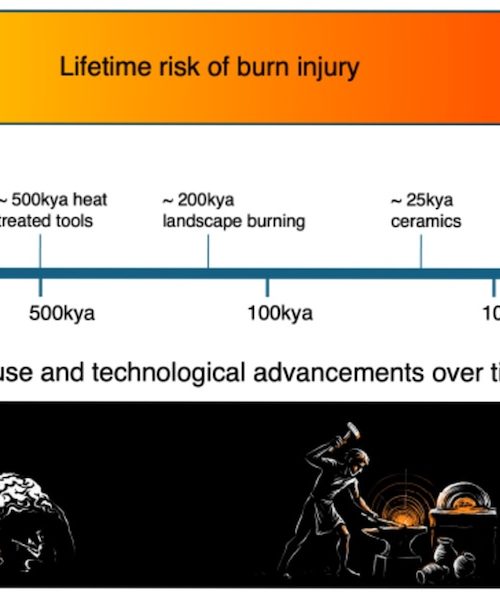Think back to some of your core memories–meeting a spouse, getting a job you really wanted, or finding out someone you loved had died. Some are pretty easy to recall, with vivid details that seem as fresh as the moment itself. Other memories might feel more ambiguous and faded, while the most stubborn ones don’t come up at all. Why this discrepancy between memories, both good and bad?
A study published today in the journal Science Advances found that mundane memories get extra sticking power in the brain if they are connected to a significant event. These events include something surprising, rewarding, or events with an emotional punch. For example, if you win the lottery, you’re more likely to remember what you were doing just before, even if it is something simple. Or you may recall what you were wearing or eating for lunch when you received some bad news.
Understanding the brain mechanisms behind this could lead to better treatments for those with memory problems or even be used to help students retain more difficult concepts.
“Memory isn’t just a passive recording device: Our brains decide what matters, and emotional events can reach back in time to stabilize fragile memories,” study co-author Dr. Robert M.G. Reinhart, a psychologist at Boston University, said in a statement. “Developing strategies to strengthen useful memories, or weaken harmful ones, is a longstanding goal in cognitive neuroscience. Our study suggests that emotional salience could be harnessed in precise ways to achieve those goals.”
The selective brain
In the new study, the team used the example of someone hiking through Yellowstone National Park and seeing a herd of bison walking along. They found that the “wow” of that moment does not just cement that one magical experience in the mind, but several small, more run-of-the-mill events leading up to and away from it. Things like a rock that was on the path or a smaller animal in the grass.
“The question is, ‘What are the mechanisms for that?’” said Reinhart. “That’s what we tried to uncover, how the brain selectively strengthens those fragile memories.”
Different types of memories are stored across interconnected brain regions. Explicit memories are those about events that happened to you and general facts and information. The hippocampus, neocortex, and amygdala all work to keep these episodic memories stored. Implicit memories (like our motor functions) are stored in the basal ganglia and cerebellum. Short-term working memories primarily involve the prefrontal cortex.
Big, special moments in our life get a primary spot throughout the brain’s memory storage system. However, scientists have been more divided on concepts called retroactive and proactive memory enhancement. This concept covers how memories are prioritized immediately after a big or salient event. Earlier studies have disagreed on whether or not weaker memories are stabilized, or are made easier to recall, by their attachment to a more prominent memory.
A memory pop quiz
To show that memory enhancement does happen in the brain, this study included almost 650 participants, 10 individual studies, and artificial intelligence to analyze a broader data set. According to Reinhart, one major difference with past studies is that this one discovered that the brain uses a sliding scale to decide which memories to preserve.
Several experiments involved showing the participants dozens of images that were connected to different levels of rewards and then giving them a memory pop quiz the next day. With things that occurred after an event (or proactive memories), the strength of the recall appeared to depend on the emotional impact of the big moment itself. The more enduring that big event is, the more likely everything after it will be remembered.
That same storage did not apply when reaching back into the memory bank to the things that happened in the runup or the retroactive memories. These were more likely to be cemented if they had similarities (some kind of visual cue, like a matching color) that connected them to the pivotal event.
Reinhart says that this provides the first validation in humans of “graded prioritization, a new principle of how the brain consolidates everyday experiences.”
Study co-author and doctoral student Chenyang (Leo) Lin added, “For the first time, we show clear evidence that the brain rescues weak memories in a graded fashion, guided by their high-level similarity to emotional events.
The team also found that if any secondary memories carried emotional weight themselves, the memory enhancement effect was diminished. It appears that the brain prioritizes fragile moments that would otherwise fade away, according to the team.
Memory rescue and more A’s
While this latest study focused on uncovering the basic mechanisms that guide how memories are encoded, this research could lay the foundation for future clinical and other real-world studies and interventions.
“The discovery has broad implications for both theory and practice,” said Reinhart. “In education, pairing emotionally engaging material with fragile concepts could improve retention. In a clinical setting, we could potentially rescue memories that are weak, way back in the recesses of our mind because of normal aging, for example. You can flip it, too, for people with trauma-related disorders—maybe you don’t want to rescue a distressing memory.”






